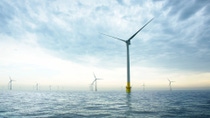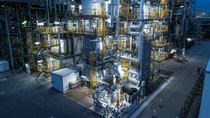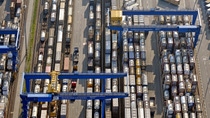Sustainability
Climate Protection
As an energy-intensive company, we are committed to the efficient use of energy and global climate protection and support the Paris Climate Agreement. We pursue the goal of climate neutrality and promote low-emission chemistry to enable the green transformation of our customers. Our business activities generate greenhouse gas emissions from production, energy procurement and the upstream and downstream value chain, which have an impact on the climate. We are working to reduce these emissions along the entire value chain. This also creates business opportunities: Our climate neutrality strategy enables us to offer our customers products with a reduced product carbon footprint (PCF).


